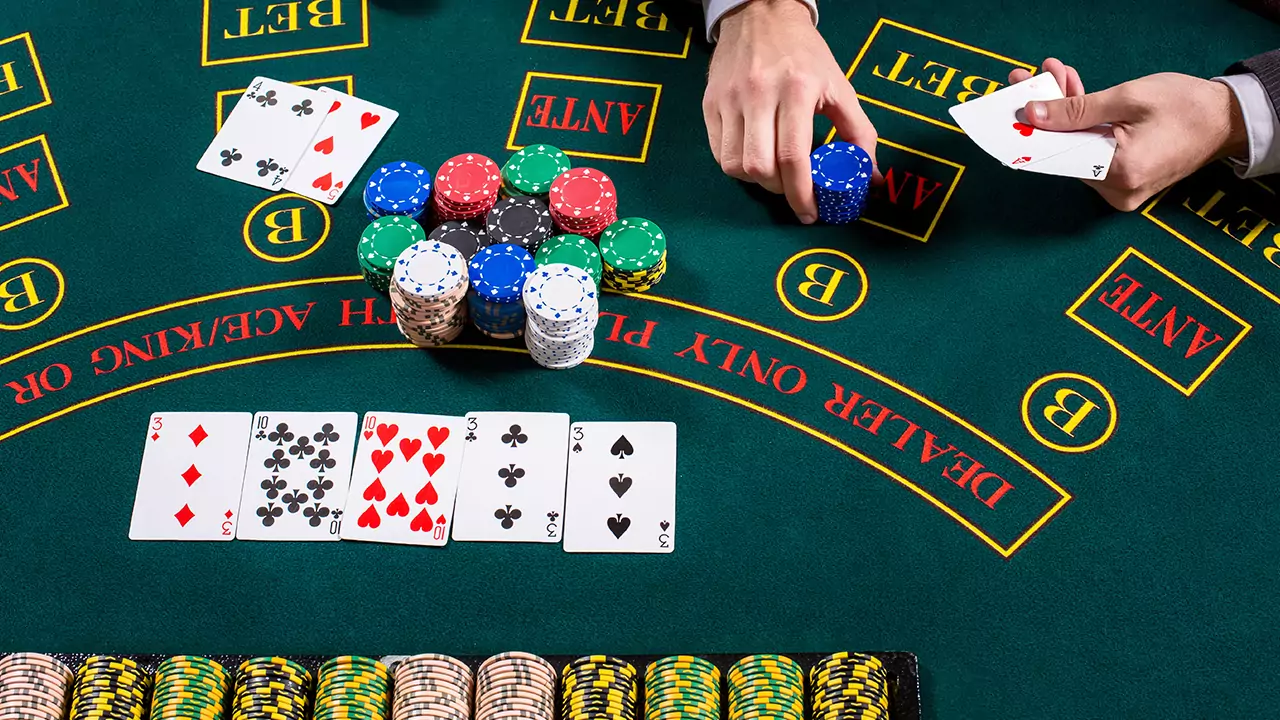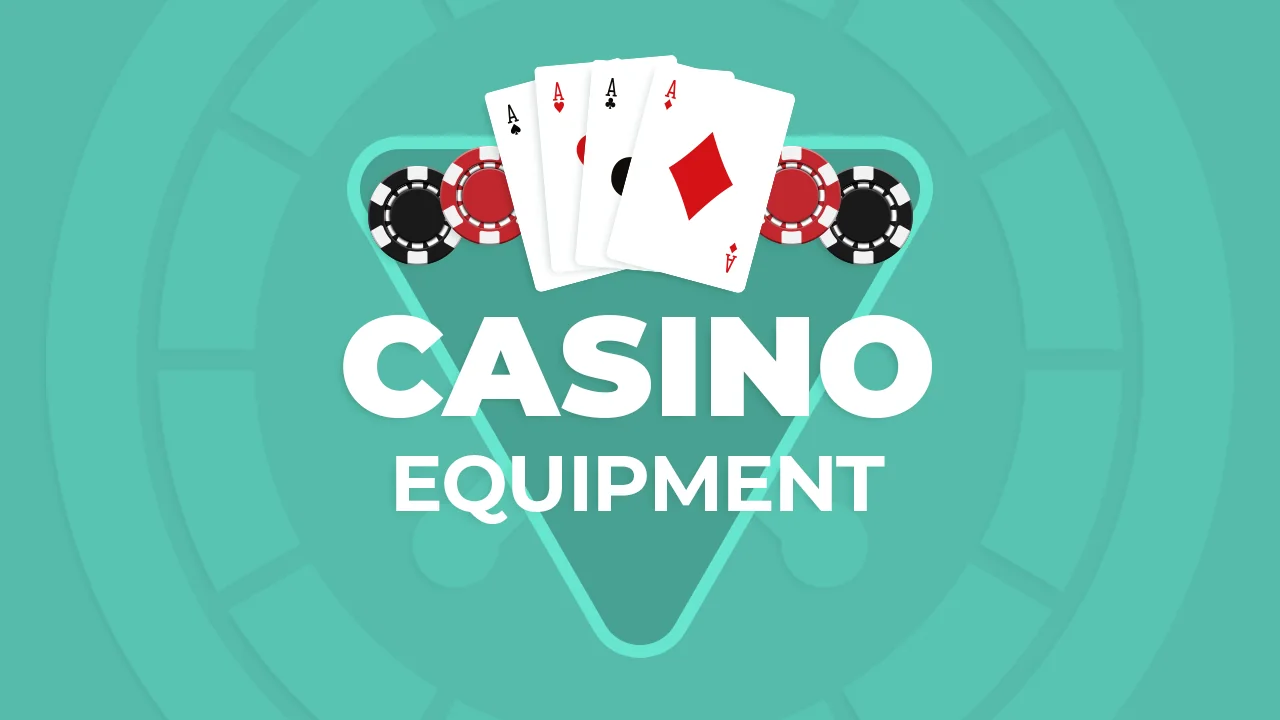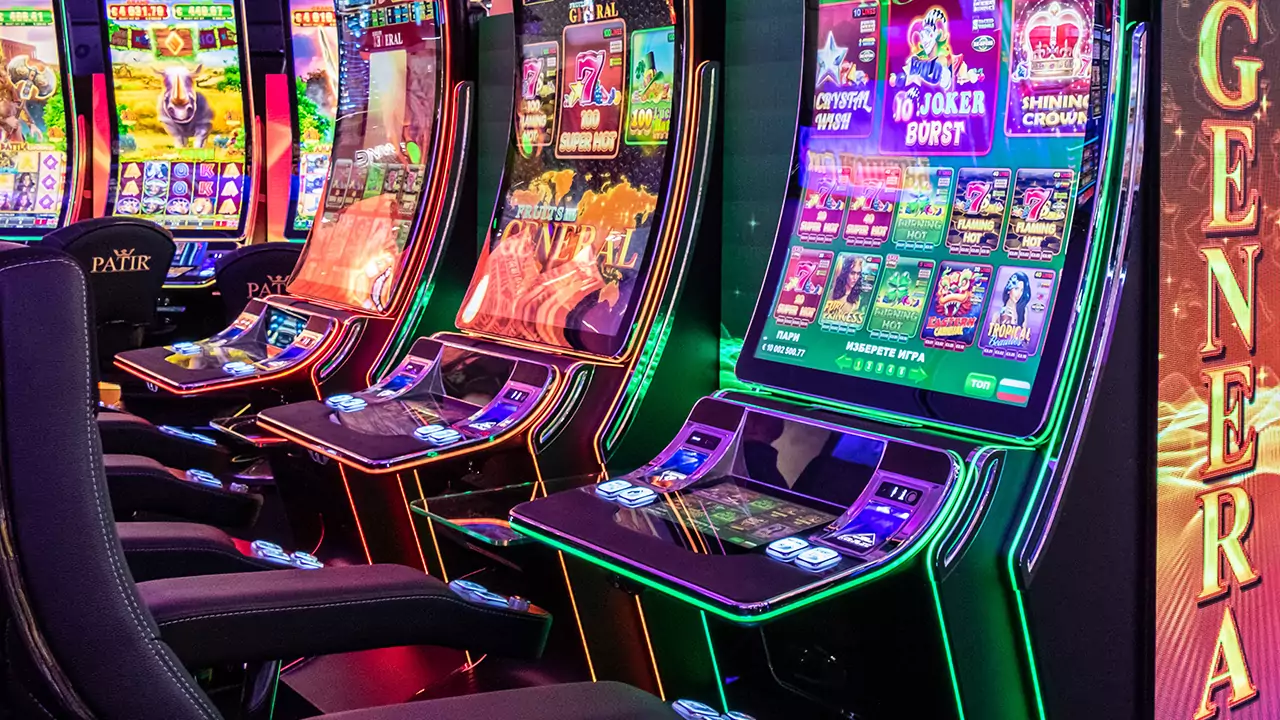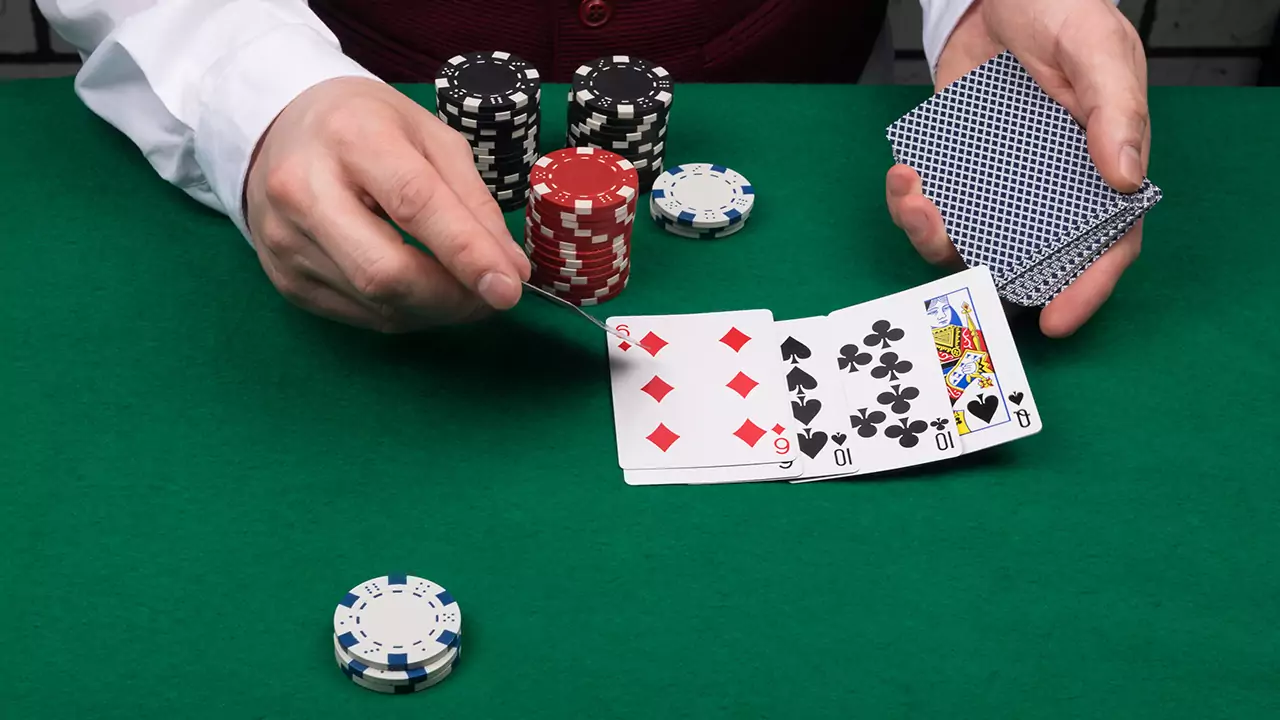Blog

Poker games are everywhere. The game and its variations have been casino favorites for centuries, and are the type of casino games that attract people with a desire for winning. Predominantly a skill-based game, poker never fails to generate enough interest for casinos to keep offering it as an exclusive gambling experience.
But casinos do not merely rely on poker’s instant appeal and accessibility to turn profit. The way casinos make money on poker is thanks to something called “rake”. We will find out what exactly this is and how it works in the following lines.
Poker explained
Poker is a casino game that is hugely popular around the world. Poker’s popularity has captured the minds of generations, transcending from gambling to popular culture.
Poker’s undying popularity could be explained by the fact that it’s highly profitable, bringing massive winnings to those familiar with the rules. It’s also very competitive, attracting crowds from all walks of life. Lastly, it’s a social game.
It brings people together, making them play for hours. The social aspect of the game is what draws many to the poker rooms on a regular basis. Its online counterpart is equally popular due to its low entry-level and high accessibility.
But the history of this everlasting casino game phenomenon goes much deeper.
Origins
Poker’s origins are shrewd in mystery. Many believe that the card game is inspired by an ancient Chinese game, while others claim it originated from a popular 16th century Persian game called “As Nas”.
Poker became a true mainstream gambling staple following World War I when American soldiers brought the game to Europe during their campaigns.
Online poker on the other hand came to be much later. The online version of the popular casino game rose to popularity in the late 90s.
Rules
There are many versions of the classic poker game, and covering them all would take forever. That’s why we are going to cover just the basics.
The game of poker is played with a 52-card deck. Scoring varies based on the type and number of cards you have been dealt with. The strongest hand is the Royal Flush, a ten-to-ace straight, all cards in the same suit. High Card (unpaired cards, different suits) is the weakest hand.
Game
In a game of poker, the player has several options during play. The player could place a wager (bet), or match an existing bet to stay in the game (make a call).
They can also raise, meaning matching an opponent’s bet and then betting on top of that, and they can also fold, which is to pass on a bet.
Rake
Poker games are often held in special dedicated rooms to attract players with exquisite furniture, captivating ambiance, and the promise of big winnings. Most casinos will employ a number of people who will take on various roles – dealers, hostesses, bartenders, and security personnel.
Once the players arrive, each of them chooses a different position on the table, prepares their bets, and the dealer signals the beginning of the poker session.
If all players bet against each other in hopes of winning the pot, then how the casino makes a profit from it?
The answer to that question is called “rake”.
“Rake” refers to the percentage taken from every cash pot or entry fee.
Before the prize pot is given to the winner, the house would take a predetermined percentage (usually between 3%-5%) as a form of commission for catering to the players’ needs, employing staff, and generally making sure that the game goes smoothly, and no fraudulent business is happening.
Some casinos focus more on the luxury side of things, while others emphasize on customer service and amenities. The pot rake generally covers all of that and is deducted from the pot every time a player wins.
The rake percentage varies from casino to casino, but most establishments have a cap on the amount taken out of the pot, that is based on the house rules.
When it comes to online casinos, the rake could be lower, and that corresponds with the lower expenses, casino websites have when hosting a poker tournament. As such online casinos do get more from the rake than land-based venues, which oftentimes gain just enough to break even.
There are several types of rakes.
Pot rake
This is the most widespread type of rake, and the easiest to implement as the dealer will take a small percentage after each round for every pot won.
This percentage could be anywhere from 5% to 10%.
Dead drop
This rake is a predetermined fee paid by the player on the dealer button. Because the dealer button rotates during the game, at some point every player pays the dead drop rake.
Fixed fees
Some casinos will have a fixed fee instead of a pot rake, collected after each round. In that way, players avoid paying the house money every time they win the pot, but casinos still end up making money from each game.
Tournament fee
More common in online casinos, tournament fees could sometimes be seen in brick-and-mortar gambling establishments. The rake percentage is usually around 10% of the buy-in, but that can vary.
Time collection
This is a special type of rake, collected on a predetermined time period. Here, it doesn’t matter if the player wins or loses, or the number of hands being played. The only thing that matters is how long each player plays.
No rake
Some casinos offer no rake promotions where players are only obliged to pay the buy-in. The no-rake poker games are a good way to build your bankroll.
Conclusion
Poker is more than a game of skill. It is a social event where people meet to play against one another and to have a good time. Although poker is designed to benefit players, casino establishments also generate profit in the form of rake.
Rake is important for revenue as it allows casino venues to offset the costs of hosting poker games. The rake is taken from every pot played, and its type and size vary. That’s why it is always a good idea to get familiar with the house rules and the rake in order to increase your chances of winning.
Tech-driven casino companies like Euro Games Technology could provide poker players with world-class entertainment and endless hours of enjoyment without sacrificing replayability.




